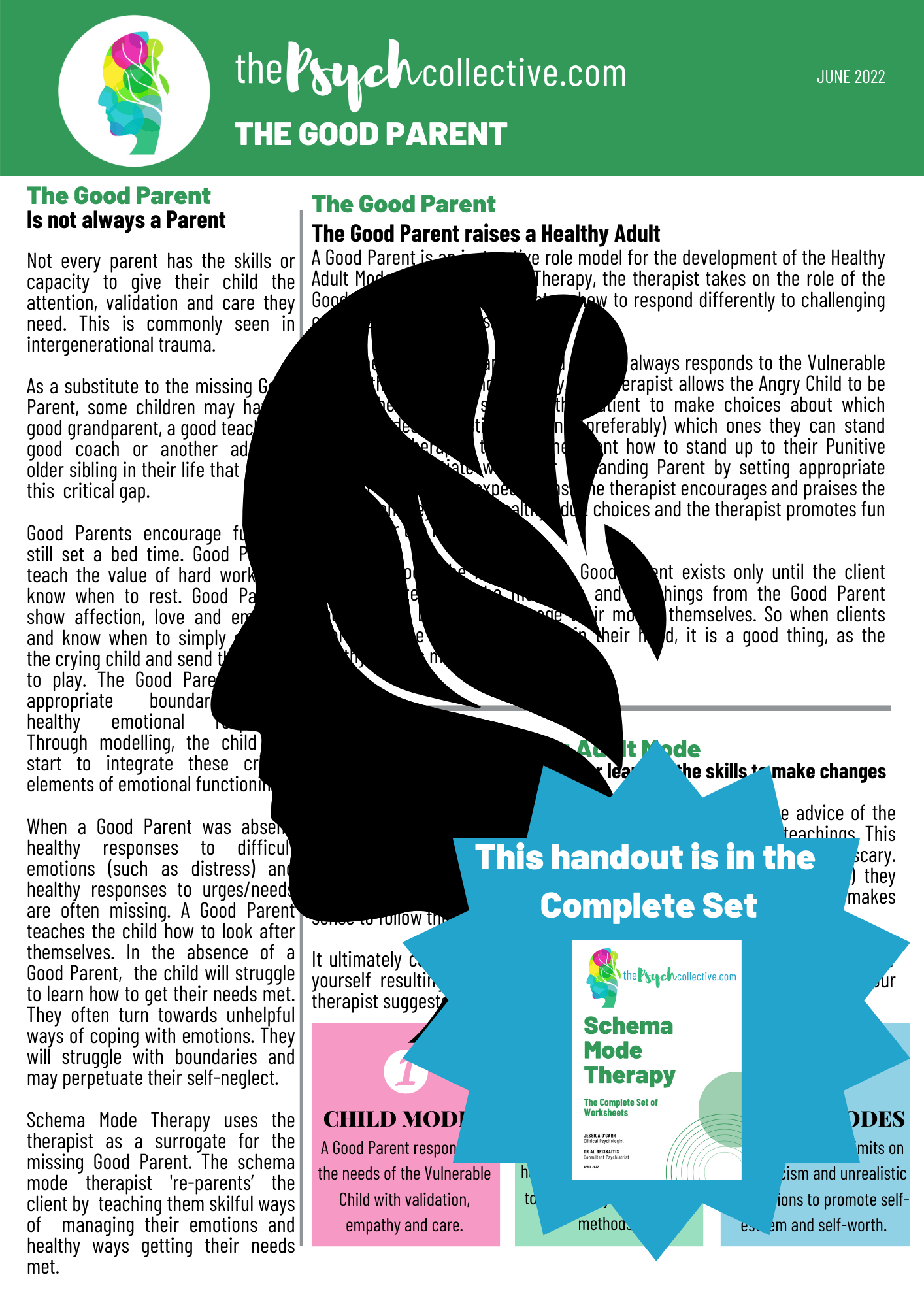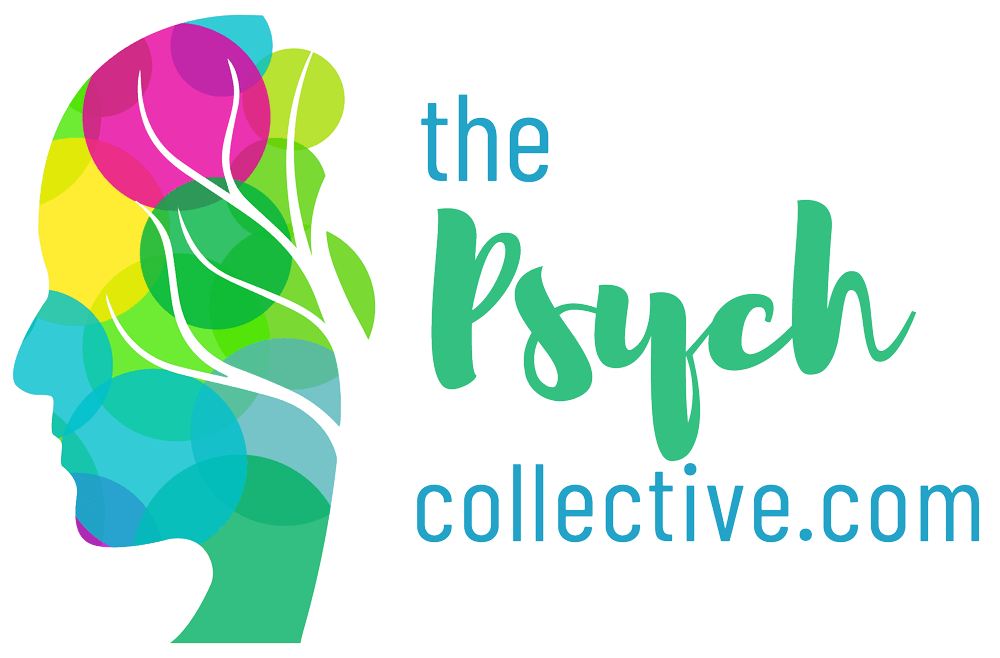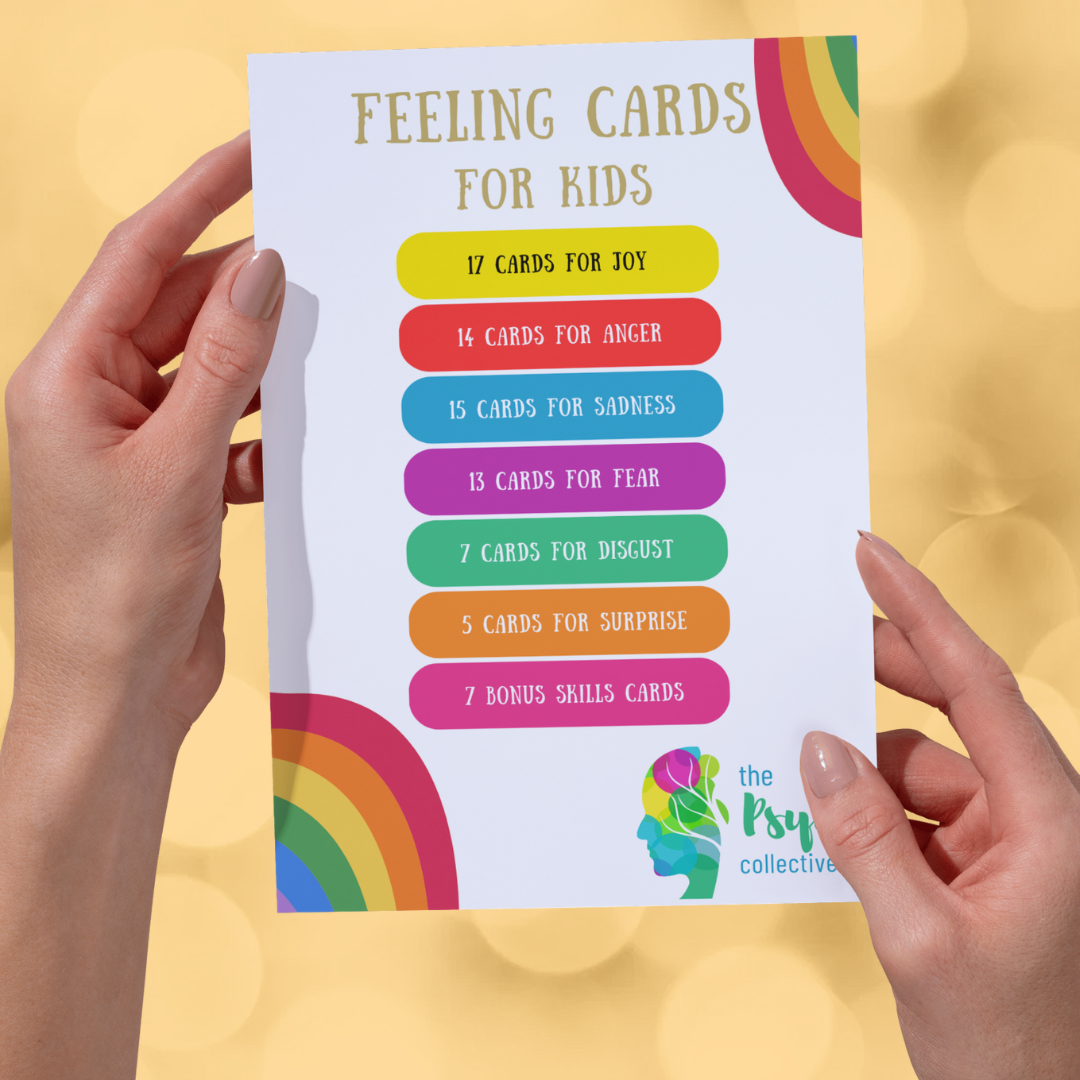The Good Parent
The Good Parent raises a Healthy Adult
A Good Parent is an instructive role model for the development of the Healthy Adult Mode.
In Schema Mode Therapy, the therapist takes on the role of the Good Parent to coach the client on how to respond differently to challenging or distressing situations. The Schema Mode therapist (Good Parent) always responds to the Vulnerable Child with validation and empathy. The therapist allows the Angry child to be heard. The therapist supports the patient to make choices about which coping modes they still need and (preferably) which ones they can stand down. The therapist teaches the client how to stand up to their Punitive Parent and negotiate with their Demanding Parent. The therapist encourages and praises the client when they exhibit Healthy Adult choices and the therapist promotes fun and play for the Happy Child.
As in childhood, the need for the Good Parent exists only until the client learns to internalise the messages and teachings from the Good Parent (therapist) to be able to manage their modes themselves. So when clients "hear" the voice of their therapist in their head, its a good thing, as the Healthy Adult is manifesting.
Here is a script of things a Good Parent would say. These are the words you deserve to hear.

Share
Categories
About Our Resources
We offer actionable resources and teach real skills to help people make meaningful change in managing mental health issues through different modes depending on people's learning preferences including infographics, text, worksheets, handouts and video.












